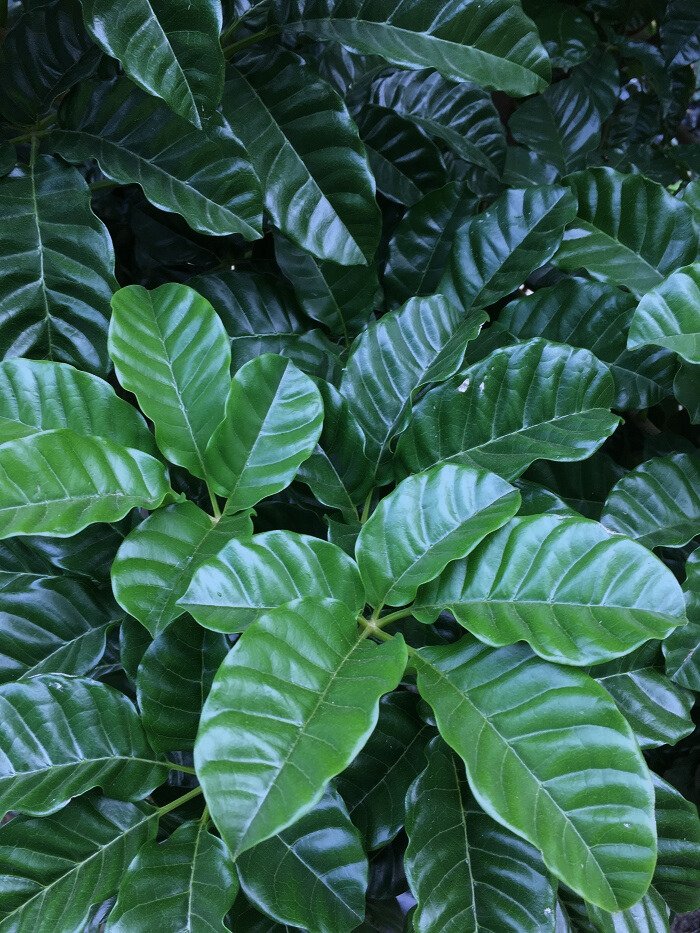
Thriving Taiohi
My Grandfather and his sons used Pūriri on the farm as fence posts because of its hardiness, however, it is a sacred tree for Māori. Unlike other rākau, Pūriri sustain nectar and berry eating birds year round, while it mostly flowers in winter and fruits in summer it produces some of each all year as a consistent food source.
The tiny mokoroa, the Pūriri moth’s larvae, are its only weakness. Māori say, “A little mokoroa grub fells a mighty Pūriri tree”, but valued the hollow trunks, created by the weather let in by the tiny holes mokoroa create, for final resting places for important people. Like Pūriri it’s our scars and mistakes that make our life rich.
Sustaining the mahi
As with the mokoroa, it is easy to underestimate the impact of the little things taiohi face at this important stage of their development. I strive to consistently sustain these taonga, our young people, from the little enemy within and the noise of our world that relentlessly pervades their lives.
Taiohi are inherently creative and inclusive; adolescence being crucial time in their search of identity. Young people adapt quickly to changing technology and environments; finding solutions to suit them and their peers.
Our role in their development is showing them the importance of the knowledge that proceeded us, informing changes to what fails them, into their success. The framework I use has five principles; like the five leaves of the Pūriri.
Each of the five fingers of the Pūriri move to suit the individual or group I journey with. Each is a framework that addresses the context of taiohi, underpins their journey through independence and on to interdependence, allowing them to create the skills and a social structure that will serve them now and into the future.
The same goes for kaimahi that work with our taiohi. While passion and empathy for this mahi can’t be taught, the skills and qualities needed can be refined through the pūrākau (stories) of many years of successful supporting taiohi and those that work with them.
“Grow up o tender youth and thrive in the days destined for you, your hand to the tools of the Pākehā to provide physical sustenance, your heart to the treasures of your ancestors to adorn your head, your soul to God to whom all things belong.”
— Sir Apirana Ngata

